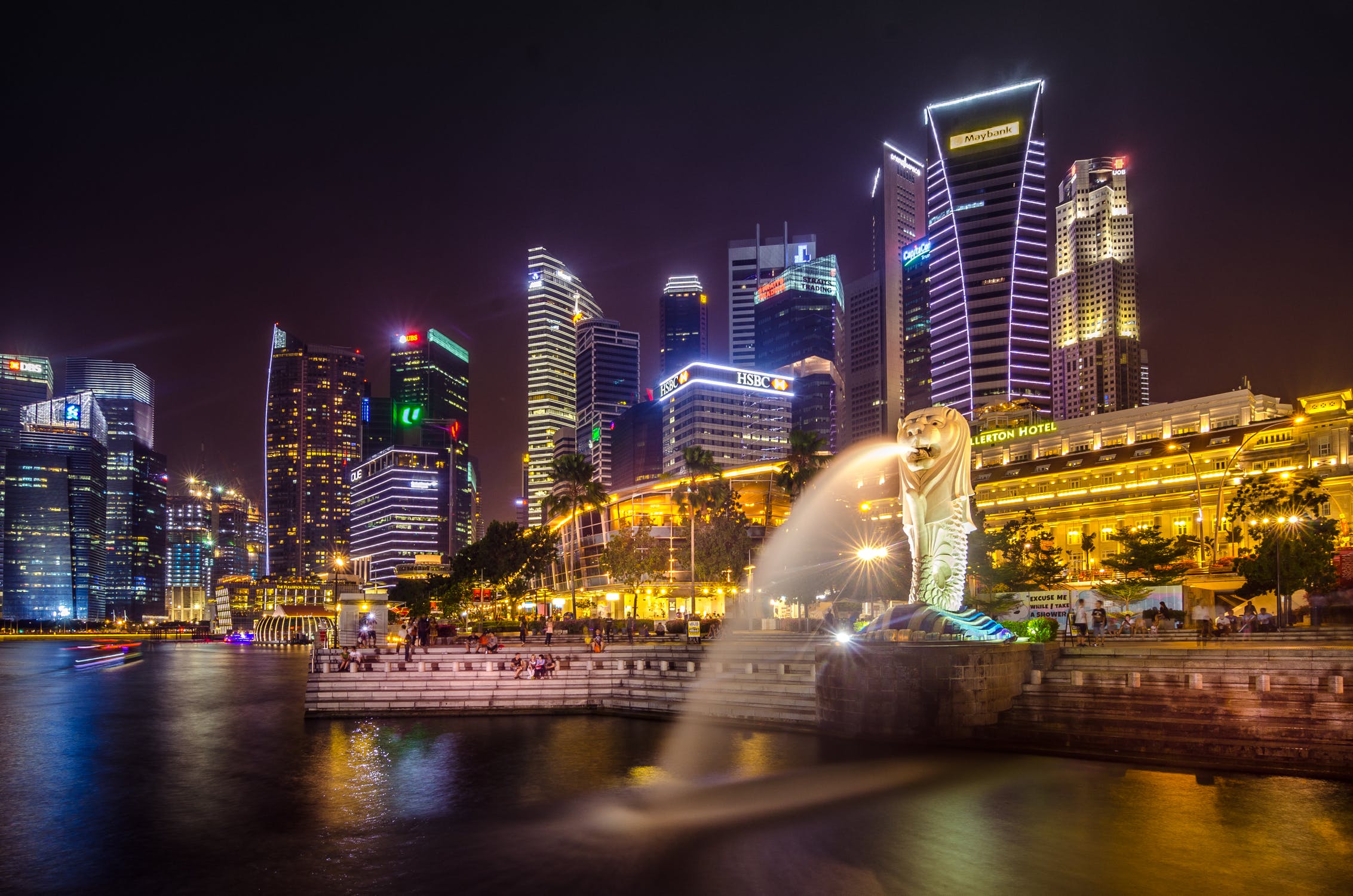
Secularism and religious tolerance: Singapore vs Australia
Having grown up in a religious minority in Singapore (Catholics form 5.7 percent of the population; Christians in total, 18 percent) and then lived in Australia for a decade, sometimes I wish that irreligious Australians could learn a thing or two about tolerance in a multi-religious society from another erstwhile British colony.
Singaporean secularism: a common ground for all
In Singapore, no political party can be based on religion, although religious leaders may participate in electoral politics provided they remove their religious attire. Religion cannot dictate the formulation of public policy or secular law. However, religious communities are free to voice their opinions on matters of public morality, as they did on the 2010 opening of casinos. Representatives of each religion are invited to officiate at secular events – they blessed the Formula One circuit and prayed together for commuters prior to the opening of a new train line.
Some 83 percent of Singaporeans adhere to a religion, and religion is recognised as an important factor in maintaining social cohesion and virtue. Hence, instead of being an anti-religious arena, the public space is a meeting ground for people of all beliefs, where they can freely share their views without being pilloried for being a member of one religion or another.
It is a crime in Singapore to promote enmity between different religious groups. In 2012, police and the Ministry of Home Affairs became involved when a sacrilegious party was slated to be held in my mother’s old school chapel, which is now a function hall in a shopping centre but maintains its Catholic character in its sacred art and architecture.
In 2015, teen blogger Amos Yee was convicted under the Sedition Act for mocking Christianity and Islam. The Minister of Home Affairs can make restraining orders under the Maintenance of Religious Harmony Act.
This does not mean that religious beliefs are held so sacrosanct that they cannot be questioned. The Humanist Society of Singapore notes:
“In Singapore, there are many spaces to discuss sensitive topics such as race and religion. It happens daily at think tanks, interfaith dialogues and mediation led by community leaders. These discussions are appreciated for their role in mitigating the country’s fault lines and countering religious extremism. Local humanists have started to participate in these discussions and make our presence felt in the wider society.
“On the Internet, the Humanist Society regularly shares videos and posts on our Facebook wall including academic criticisms of religion. A walk into Singapore’s libraries and bookstores and people can find criticism of religion by Richard Dawkins’ “The God Delusion”, widely considered as offensive to many religious people here. One may also find books by Ayaan Hirsi Ali which are critical of Islam.”
Singapore’s laws regulating public speech are meant to create an environment of civil discourse, where ideas can be freely debated without vitriolic ad hominem attacks stirring up tension.
Each major religion is allotted two public holidays, and the Ministry of Culture, Community and Youth oversees religious statutory boards like the Hindu Endowments Board and the Islamic Religious Council.
I was amazed upon returning from my first university semester in Australia to find that the National University of Singapore had an “Awareness Week” allocated to each religion, for students to share their faith. Interfaith dialogue was encouraged during each Catholic Awareness Week that I attended. I was also invited to the Singapore Interfaith Youth Movement, where deeply religious participants spoke about the commonalities between our religions while exploring our different traditions and beliefs.
By contrast, the Catholic society at my Australian university was placed on probation by the Student Union for discussing unplanned pregnancies, abortion, adoption and post-abortive care, a move condemned by the atheist student society as an attack on free speech.
Singapore has striven to promote and maintain racial and religious harmony since a deadly riot in July 1964, where 22 people died and 454 sustained severe injuries. At every school assembly and National Day Parade, we recite the national pledge:
“We, the citizens of Singapore, pledge ourselves as one united people, regardless of race, language or religion, to build a democratic society based on justice and equality so as to achieve happiness, prosperity and progress for our nation.”
According to a 2014 Pew Research survey, Singapore ranks as the most religiously diverse country in the world. This year, a new nationwide interfaith program was launched to promote social cohesion.
Australian secularism: then and now
My Australian History lecturer Dr Stephen Chavura stresses:
“Be very careful when people try to tell you that the 1872 Secular Act meant ‘no religion’. History teaches us the exact opposite.”
The etymology of the word “secular” has its roots in the Latin saecularis, denoting what is worldly or pertains to an age (saeculum literally refers to a span of time or an age). Hence, Catholics traditionally referred to diocesan clergy as secular priests, as they lived in “the world”, not in a monastery or friary.
In 19th-century Australia, Dr Chavura explains, secularism was “understood as being concerned with the temporal or this-worldly and still very much in accordance with Christianity and religion.” In the following years, secular Australian society maintained an attitude of openness to religion.
It is only in very recent times that secularism in Australia has become equated with being against religion. Now, the Reason Party (founded as the Australian Sex Party in 2009) lobbies against the influence of religion in the public sphere. The party was instrumental in the introduction of buffer zones around abortion clinics in Victoria. I only hope they do not someday emulate the French Revolution’s Cult of Reason.
The Australian Broadcasting Corporation, funded by the Australian Federal Government, is routinely deplored for its anti-religion and specifically anti-Christian stance, to no avail. In the last generation, the irreligious increased from one in 100 to one in three Australians.
Tolerance, of course, does not mean that we cannot talk about our beliefs in public – it is a question of “how”, not “whether” – and perhaps Australian Christians have become too reticent in this respect. The American Archbishop Charles Chaput has explained very well, in my opinion, how tolerance fits into a Christian life:
“Tolerance is a working principle that enables us to live in peace with other people and their ideas. Most of the time, it’s a very good thing. But it is not an end in itself and tolerating or excusing grave evil in a society is itself a grave evil. The roots of this word are revealing. Tolerance comes from the Latin tolerare, “to bear or sustain,” and tollere, which means “to lift up.” It implies bearing other persons and their beliefs the way we carry a burden or endure a headache. It’s actually a negative idea. And it is not a Christian virtue. Catholics have the duty not to “tolerate” other people but to love them, which is a much more demanding task.”
I think everyone, not just Christians, can aspire to that wonderful standard of love, which transforms and unites communities.
___
Originally published at MercatorNet.
16 Comments
Leave A Comment Cancel reply
Recent Articles:
19 April 2024
1.9 MINS
“Unsung Hero” tells the story of the Australian family that risked it all, and grew not one, but two Grammy Award-winning artists: Rebecca St. James and for KING + COUNTRY.
19 April 2024
5 MINS
Liberal Senator and Shadow Attorney–General Michaelia Cash has called out the Government’s “farcical handling” of religious discrimination.
19 April 2024
4 MINS
How can we, individually and as a nation, protect ourselves from the insidious invasion of termites in our government, media and other aspects of our society?
19 April 2024
6 MINS
“Pride” or “Gay-Affirming” Masses are unfortunately becoming quite commonplace, as the Church in Australia drifts further down the path of decline. The context of the "queer" Mass was particularly grievous because it had been promoted as an official event of Melbourne’s LGBTIQ+ Midsumma festival.
18 April 2024
2.3 MINS
With the Federal Government intending to drastically restrict Christian freedom, it’s time to make a stand for it – and indeed for the freedom of all.
18 April 2024
6 MINS
We have a new term – or at least a new way an old term is being used: "influencer". The truth is, we are all influenced by others, and we all have an influence on others. This can be for good or ill. Let me consider each in turn.



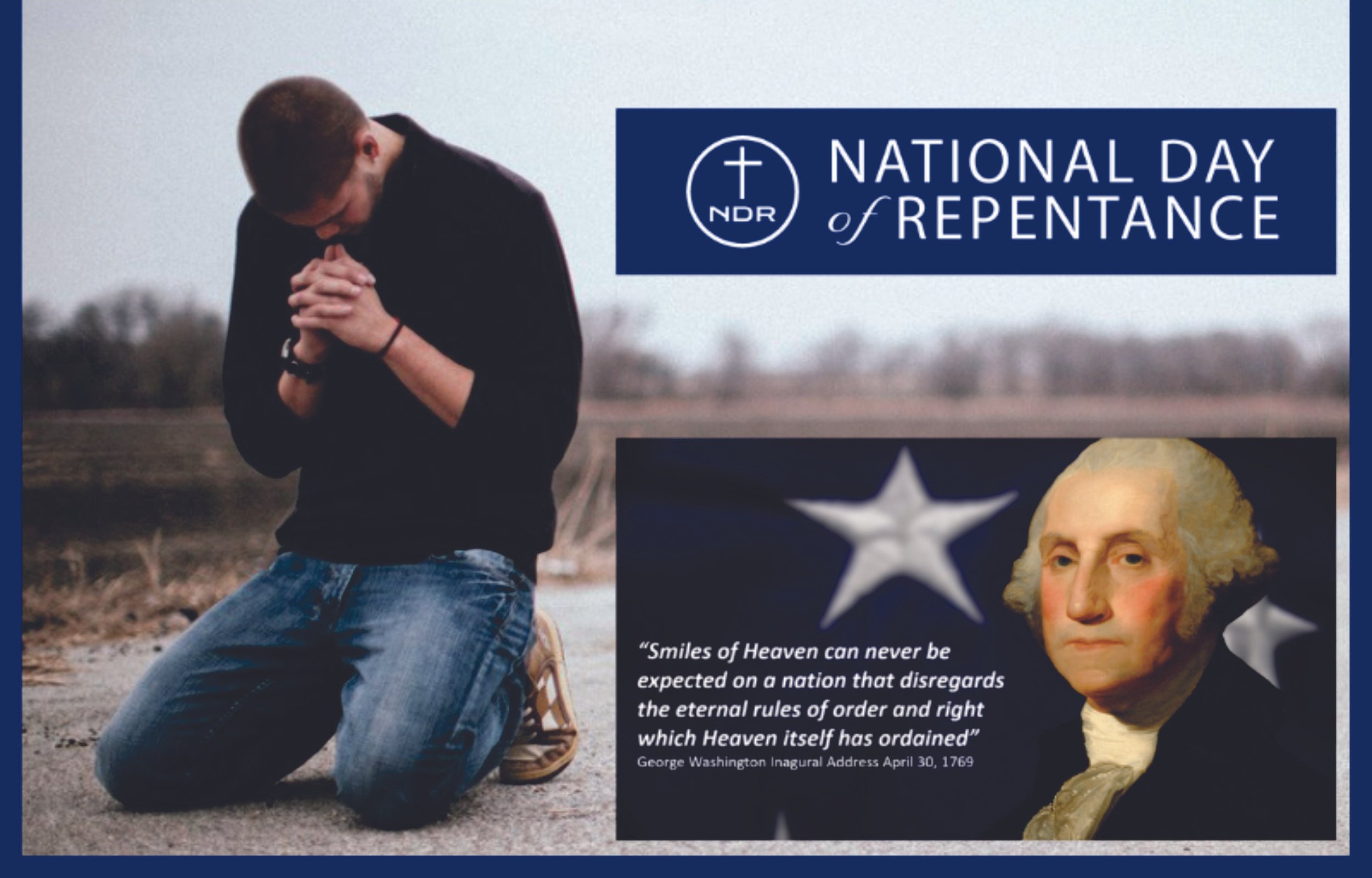
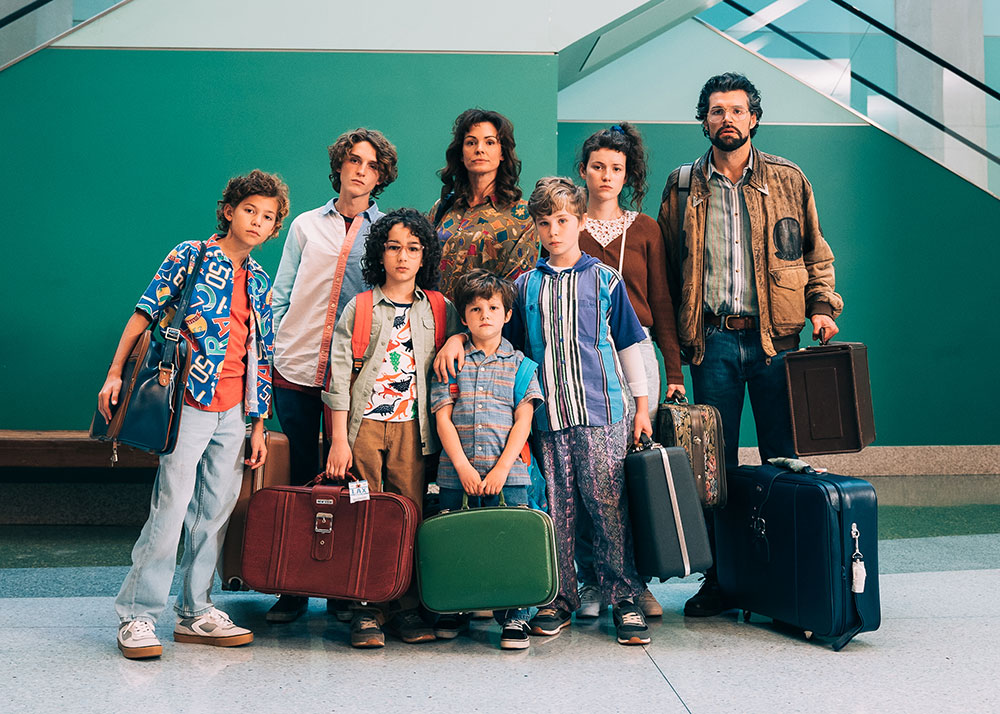
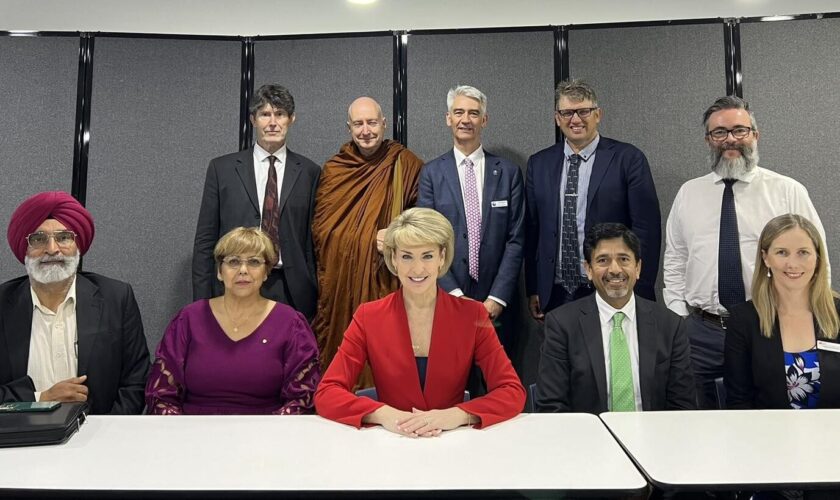

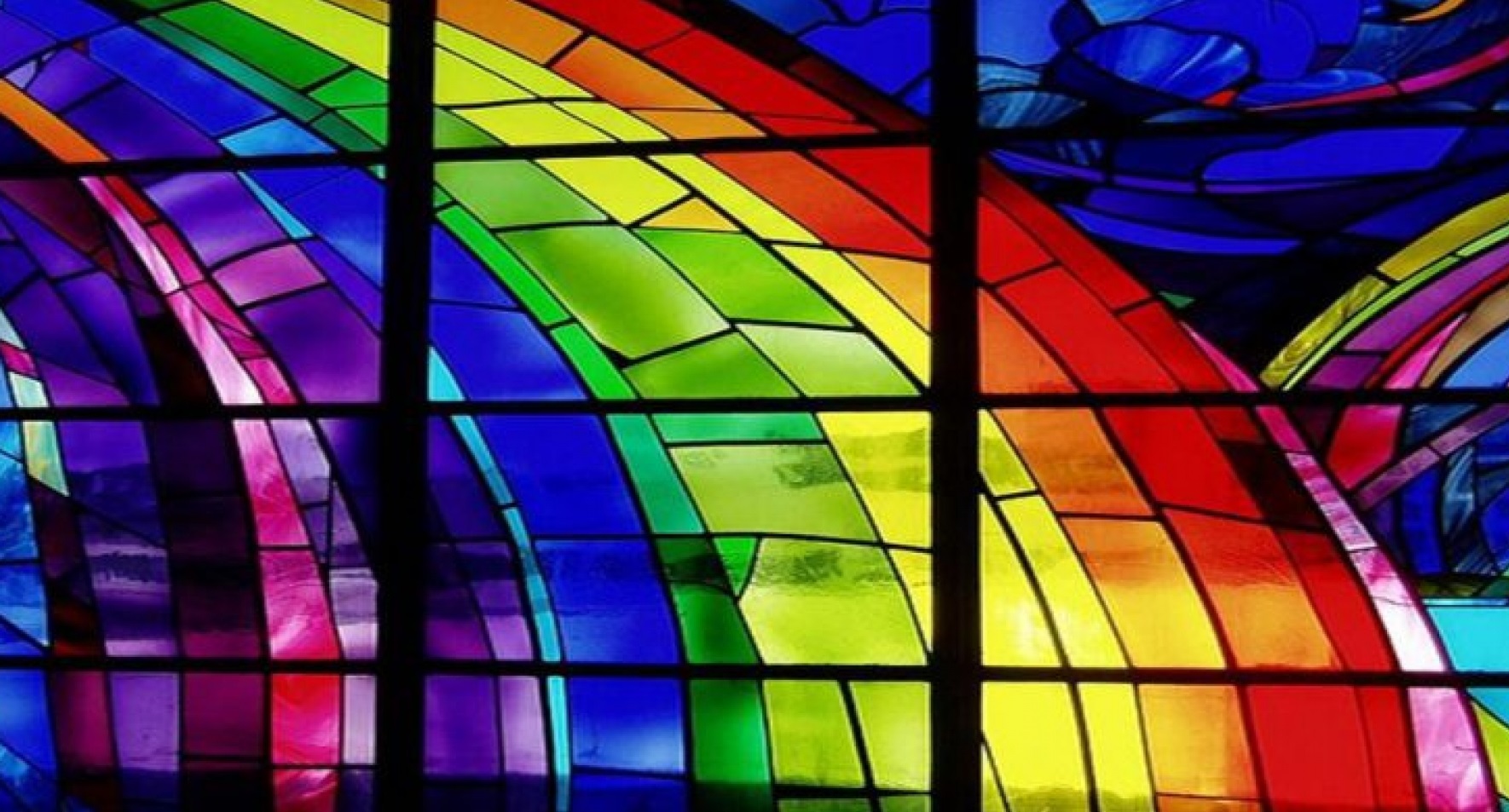
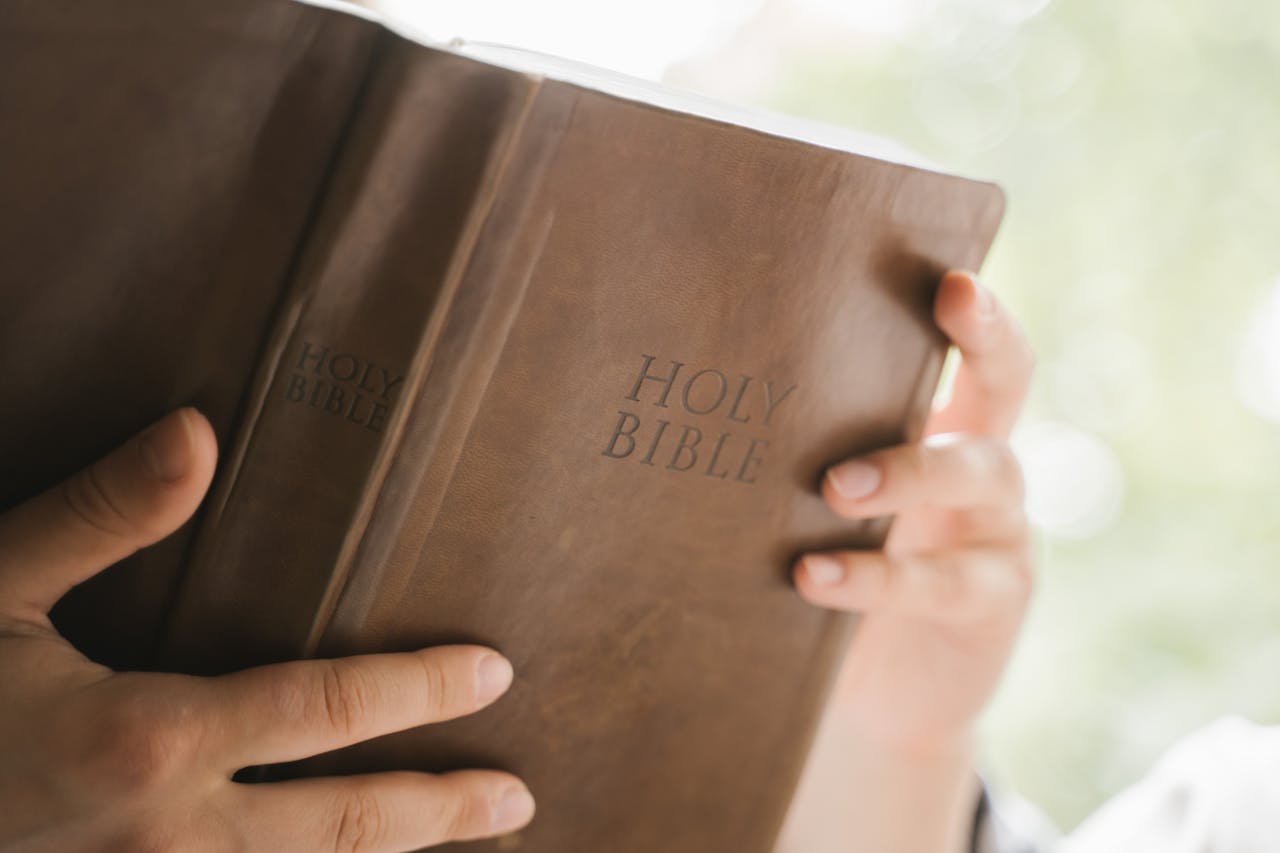































Great article Jean 🙂
Thanks Marilyn! =D God bless you!
Tolerance has led to compromise in many areas of our life. Love does not tolerate or compromise with evil. Truth will always stand against evil. This may lead to polarised views but light always shines brighter in darkness. Therefore Christians must speak the truth in love and not compromise.
Amen!
We have a lot to learn in australia! It’s no wonder the Bible paints the picture of the ungodly suppressing truth & doing violence to the Godly. It is always the ones who fear God that are in the firing line!
By all accounts the Reformation should have failed (humanly speaking), but the Reformation was driven by God in his people! And from that Western civilisation was saved.
Australia at one point knew this & now we’re fighting for the “right” to choose our gender?? Where has this country gone? I’m saddened by current events. But encouraged that I can still teach my children in freedom. Praying for you Australia- you who once knew good from evil.
Amazing article! Thanks Jean for writing. Being a Singaporean who lives in Australia myself, I feel Australia is much more unforgiving, critical, and intolerant of Christianity in the public arena compared to Singapore. Love your grammar, vocab and spelling by the way. God bless!
Thanks Evelyn! Glad to hear from a fellow Singaporean! God bless you too!! =)
Thank you for sharing your thoughts Jean. The comparison is stark. I have always admired the leaders of Singapore for their rationality and love for their nation. They are an example to the world. May the Lord continue to bless and prosper this nation.
You’re most welcome! Thanks for your gracious comment Rabi, and your generous prayer for Singapore! God bless you.
Very interesting comparison between Singapore secularism and Australian secularism. Well-written article!
Thanks Jaime! God bless you =)
May the Lord God Almighty continue to shine on and through you at all times! We who follow Jesus the Christ may speak out what we believe however those who do not agree with us find out who our employer is and boycott this person because of what they have said. Sadly this means that we who follow Jesus don’t say anything at all. This then is one reson you do’t hear much from us!
Thank you so much Robert! God bless and keep you too. Very good point on how Christians are silenced.
Interesting take on religion and secularism. Using morality (as discussed in the Bible or Koran) to dictate how people should live in modern society is hardly the recipe for success. Doesn’t Singapore promote a very strict “moral” code for living and frown upon the LGBTIQ community. You speak as someone who has not had to be part of a marginalised group and as a result have a very narrow view of what constitutes religious tolerance.
Hi R, thank you for your comment! Singapore’s laws are not based on either the Bible or the Koran. It is simply a cultural fact in Asia that homosexuality is frowned upon. Even my agnostic Asian friends think it is distasteful and unnatural. Of course, we can do much better at loving our family and friends with same-sex attraction or gender dysphoria instead of ostracising or bullying them. Everyone struggles with something. But true love also acknowledges that these attractions or identities are often reactions to childhood trauma, and enabling LGBTIQ folk to persist in their sexual proclivities can turn out to be like enabling an anorexic person to keep self-harming. Ex-LGBTIQ folk like James Parker, or even people still currently experiencing same-sex attraction or gender dysphoria, have spoken and written extensively about this [ e.g. http://couragegulfcoast.wixsite.com/blog/single-post/2017/10/10/Youre-Hurting-Me-Fr-James-Martin ] , and the research shows the same: https://www.mercatornet.com/conjugality/view/how-can-we-ignore-the-dire-statistics-surrounding-the-transgender-experienc/22566
Also, as an Asian in Australia I have had experiences of racism and being part of a marginalised group (and have several friends who have suffered worse for either being Asian, or gay and Asian), so I do understand to some extent the pain of people who have been marginalised all their life. Yet, it seems that when ex-marginalised people get into power, they start marginalising those from the group/s which used to marginalise them. How can we stop this cycle of bullying and victimisation?
[…] is supposedly in contrast to the “church of nice”, whose only Gospel seems to be tolerance and fashionable progressive causes. St. Boniface, declared one article, “would not last long in […]